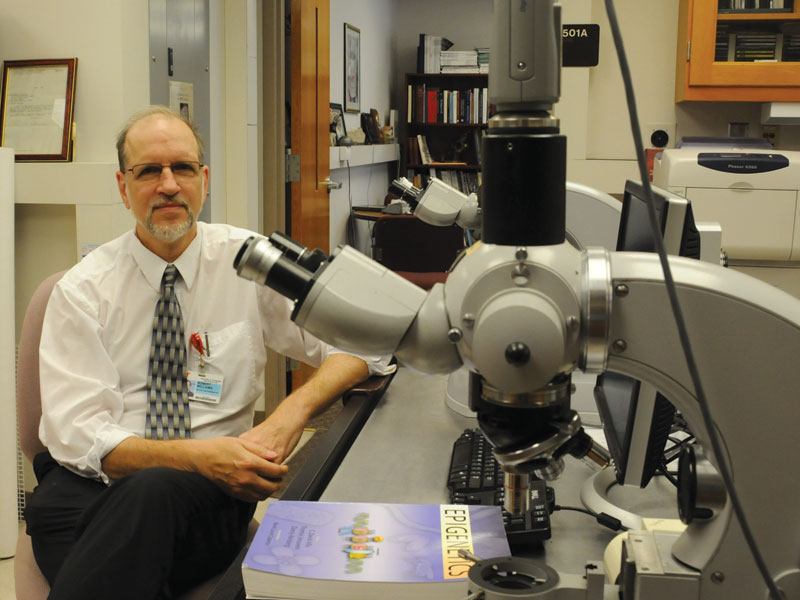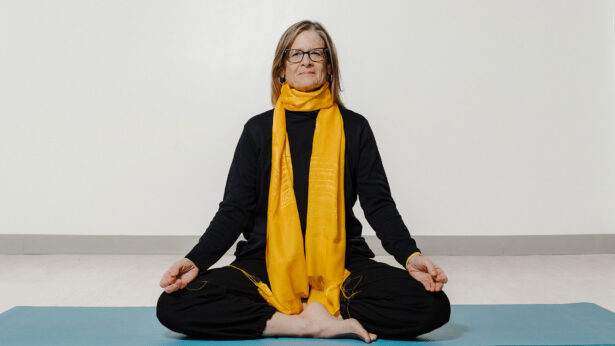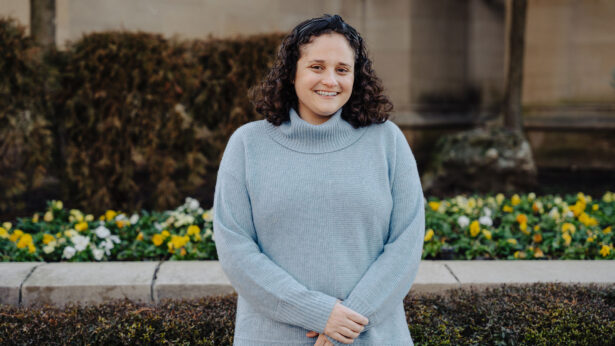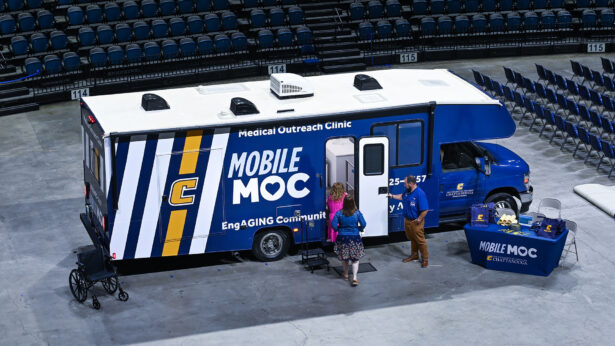A UT Health Science Center (UTHSC) professor is part of an international effort to understand the human brain and its diseases. The European Commission’s 10-year, $2.5 billion Human Brain Project will reconstruct the brain in supercomputer-based models. “UTHSC’s role is to assemble massive genetic data sets and build computer systems” to analyze brain function and disease, says Robert W. Williams, UT-Oak Ridge National Laboratory professor in the Department of Anatomy and Neurobiology. Williams is one of just four U.S. scientists involved in the project’s initial phase.
Root of the Problem
The thought of a root canal may send shivers down your spine. But when UTHSC’s George Huang thinks of root canals, he plans to revolutionize them. Currently, decayed root tissue is removed from the tooth’s canal and replaced with an artificial substance. Huang wants to inject the cleared canal with stem cell tissue instead. His research shows the root will regenerate, essentially rebuilding the tooth. ”We isolate the stem cells, grow them and insert them back into the tooth,” Huang says. He estimates the cells might regenerate within two months. He recently received $1.8 million from the National Institute of Dental and Craniofacial Research to continue his work.
Bones Multitask
Bones do more than just hold the body together. A UTHSC researcher has learned that bones communicate with the kidneys. “We discovered that the bone is not an endocrine organ,” Dr. Darryl Quarles says. “It’s a paradigm shifting view.” His research is establishing a new conceptual framework that indicates bones send messages to organs in the body to regulate phosphate and vitamin D. Quarles discovered that bones secrete a hormone instrumental in maintaining a balance of calcium—absorption of which is stimulated by vitamin D—and phosphate in the kidneys. An irregular proportion of calcium and phosphate can lead to kidney disease.
Wall of Honor
A new student scholarship honors Chancellor Emeritus Pat Wall. Donors of the $50,000 award are College of Medicine alumni and their families. Wall, former dean of medicine, has been part of the UTHSC community since he enrolled 55 years ago.



